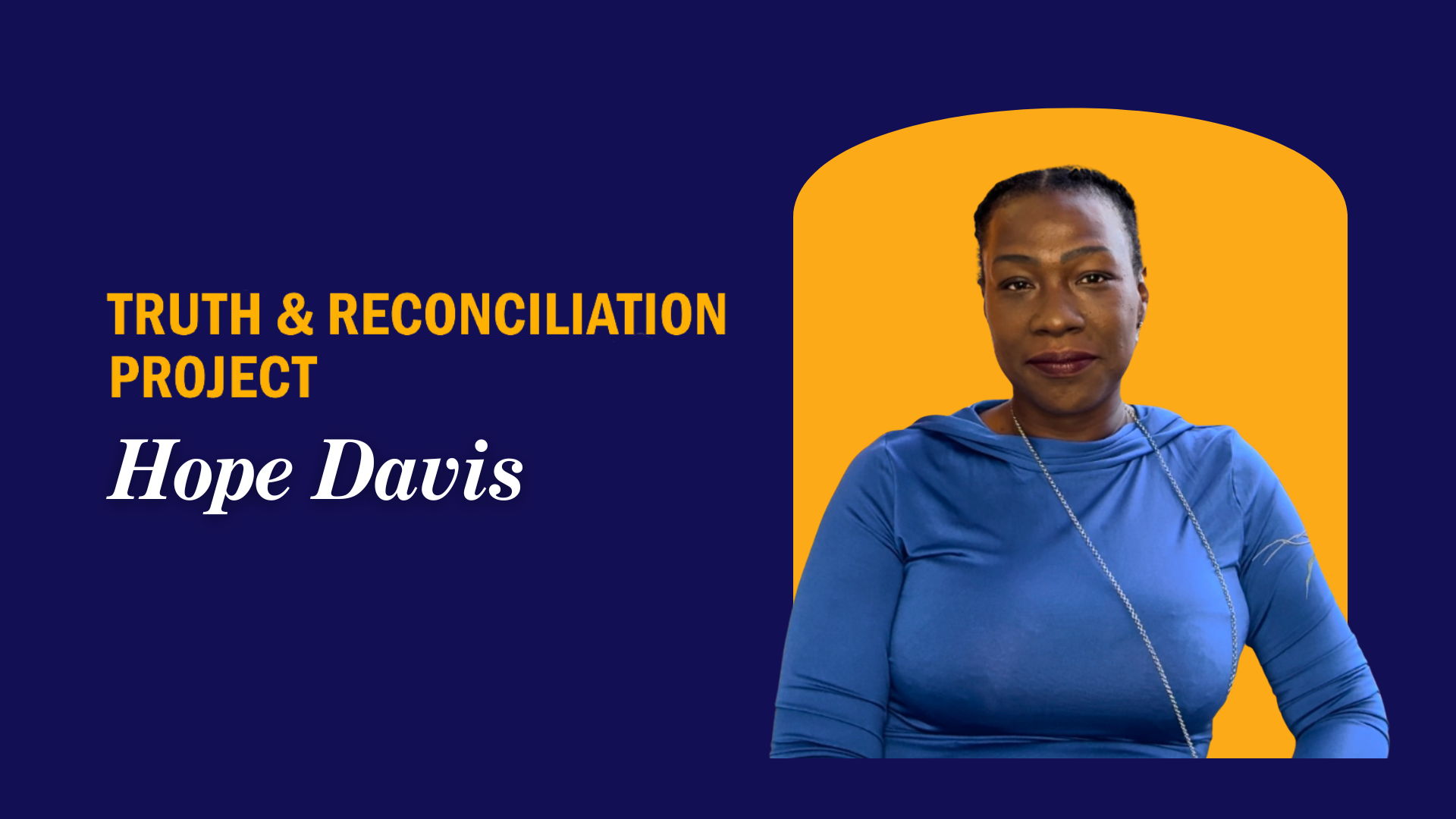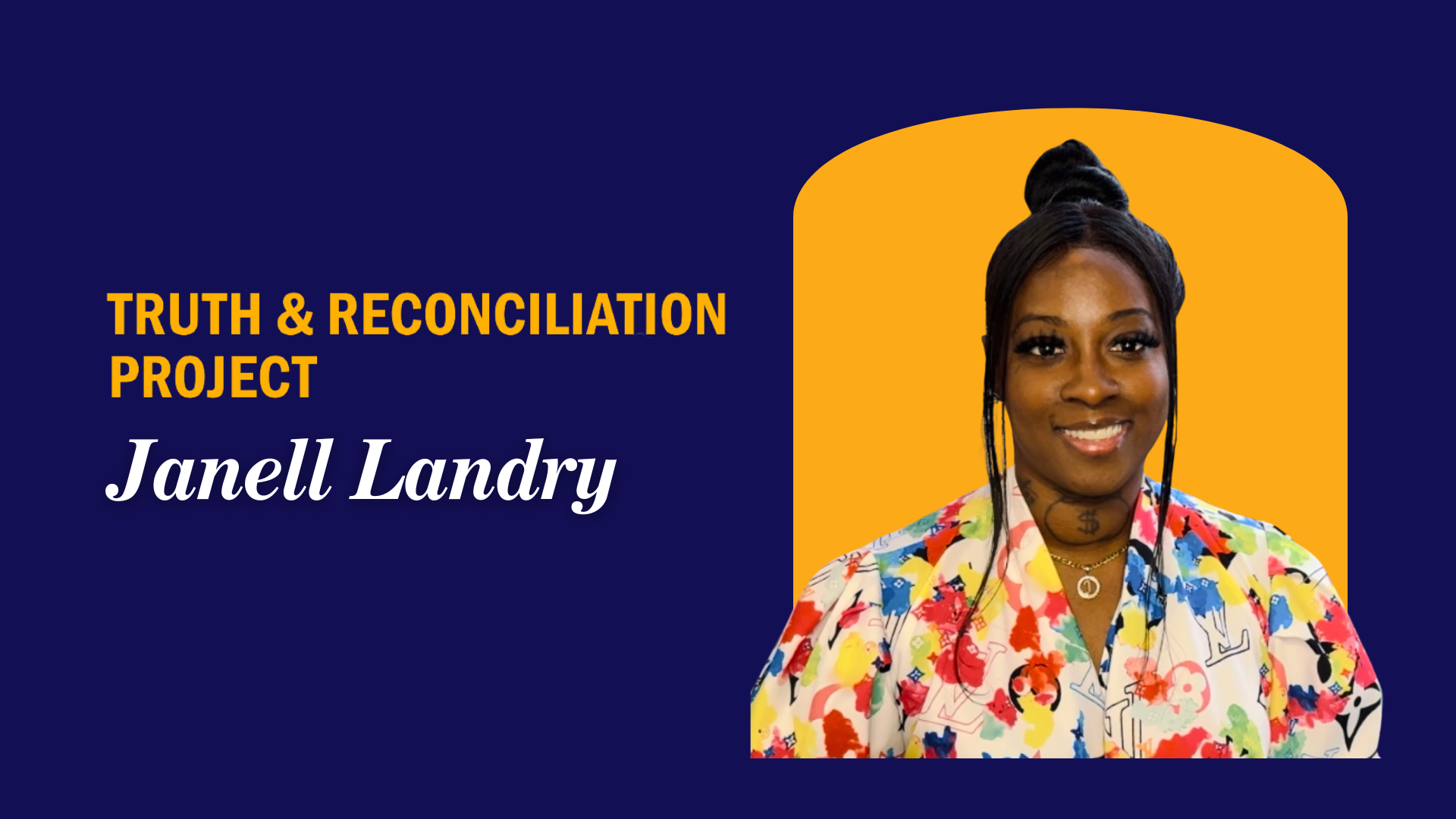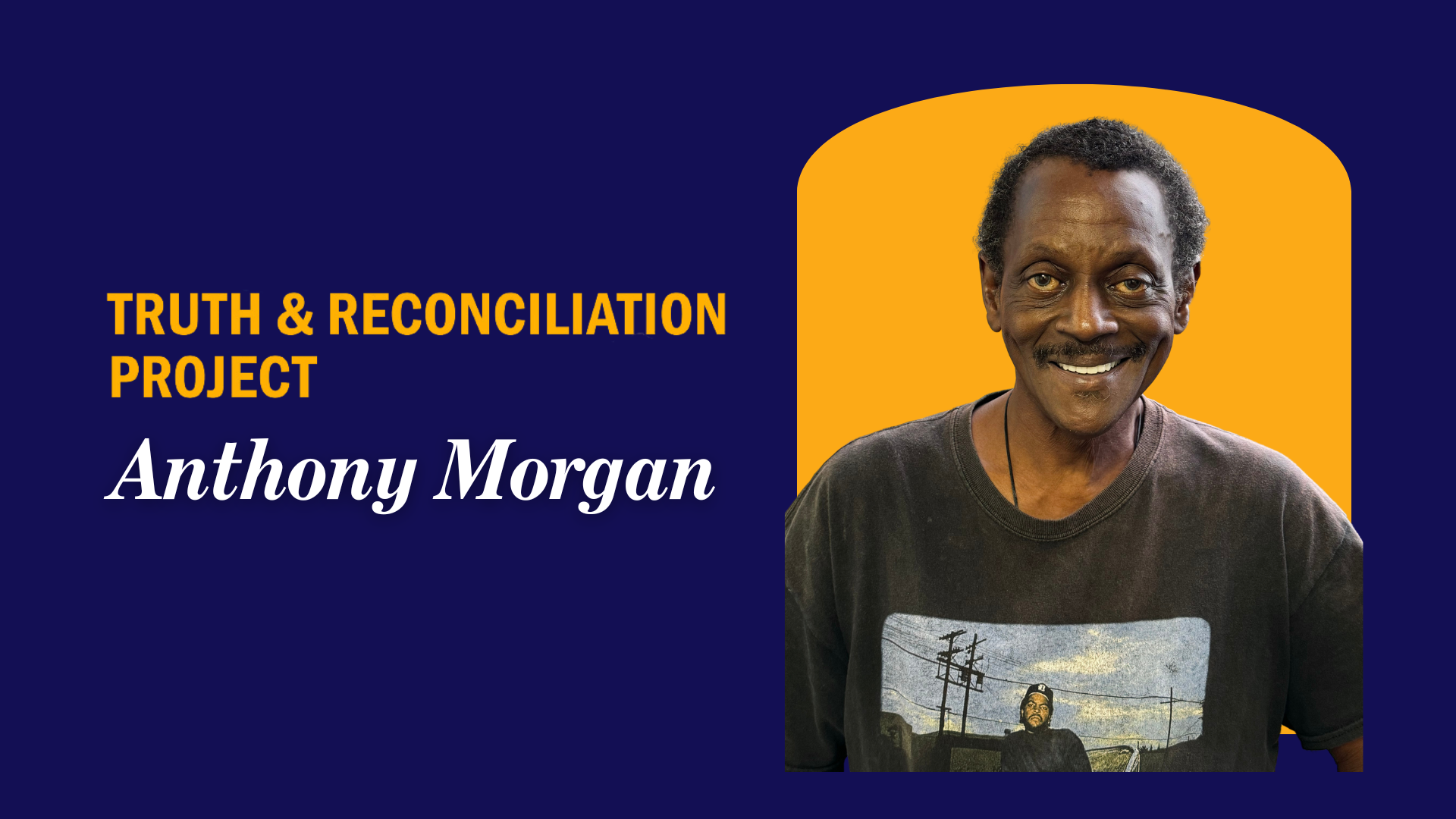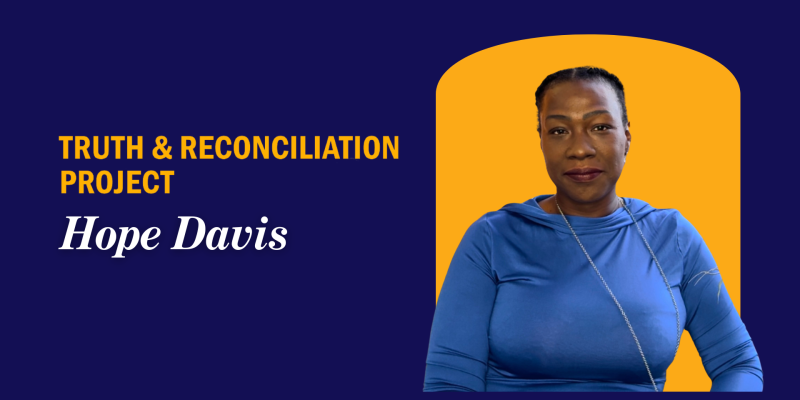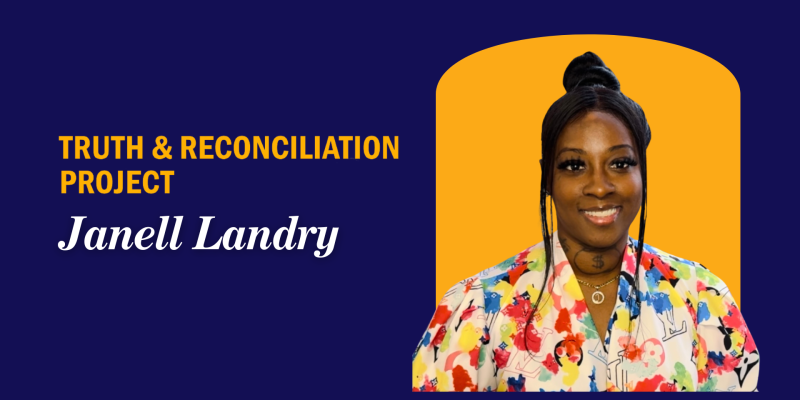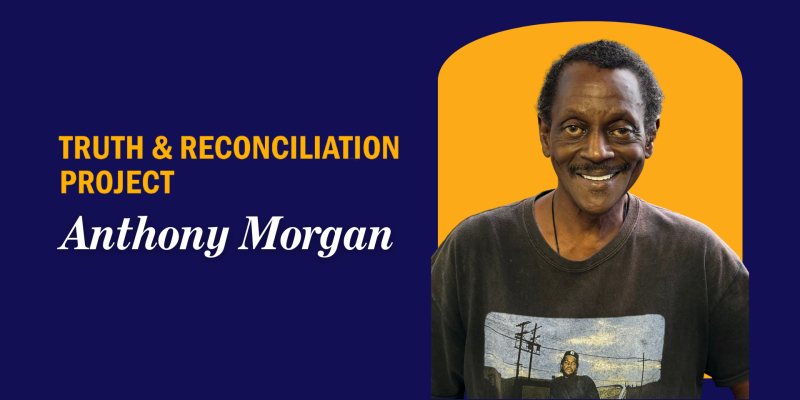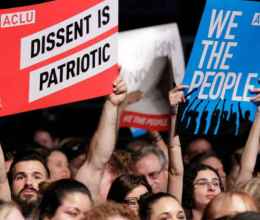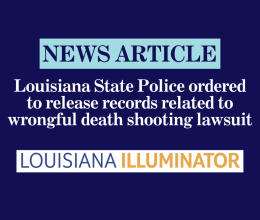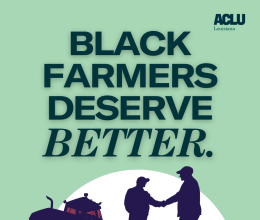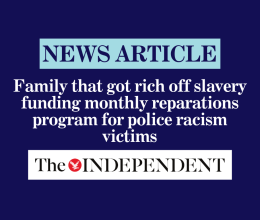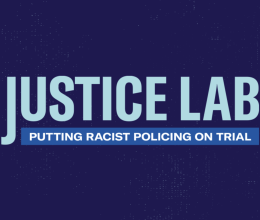
In 2022, the ACLU of Louisiana launched the Truth and Reconciliation Project, which creates a template for transferring economic power from the descendants of enslavers to those impacted by the oppressive vestiges of slavery across the American South.
Over the course of three years, the ACLU of Louisiana has worked with Buck and Gracie Close, two siblings who descend from the Springs and White families in Fort Mill, South Carolina and whose wealth was inherited from ancestors who were enslavers and prominent figures in the trade of enslaved people. As a result of this partnership, and with implementation support for the Fund for Guaranteed Income, we sought to address historical injustices and empower marginalized communities through a guaranteed income pilot program.
The Guaranteed Monthly Income (GMI) program utilizes a unique funding model, distinct from traditional taxpayer dollars or private donations. The program provides monthly payments of $1,000 for one year to 12 individuals in Louisiana who experienced police violence and did not receive restitution through the courts. It is the first-ever guaranteed income program to deliver recurring cash relief to families that have experienced police violence and harassment. In addition to the monthly stipend, participants in the program receive wraparound services including counseling, financial planning support, and expungement services.
Through this transformative program, we aim to shed light on the vestiges of slavery, including issues such as racist policing, mass incarceration, and criminalizing poverty. We also hope to create a sustainable, transformative and scalable model that empowers communities by providing tangible support to individuals and families who have faced systemic oppression.
Read the Guaranteed Monthly Income Program's 6-Month Report.
Read our blog post about the Truth and Reconciliation Project: Early Lessons From Our Guaranteed Income Program
Read the Close Family's op-ed, "Learning the Truth and Reconciling the Past in the Deep South," in Newsweek.
